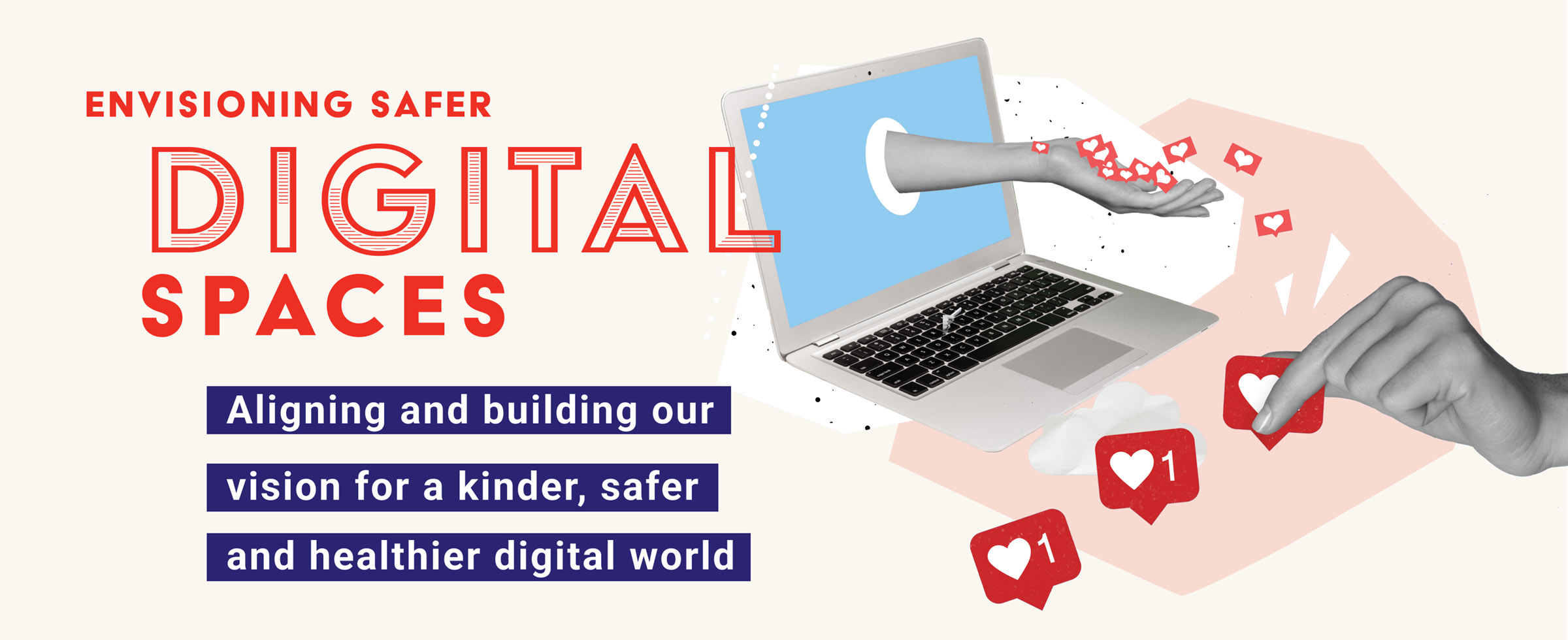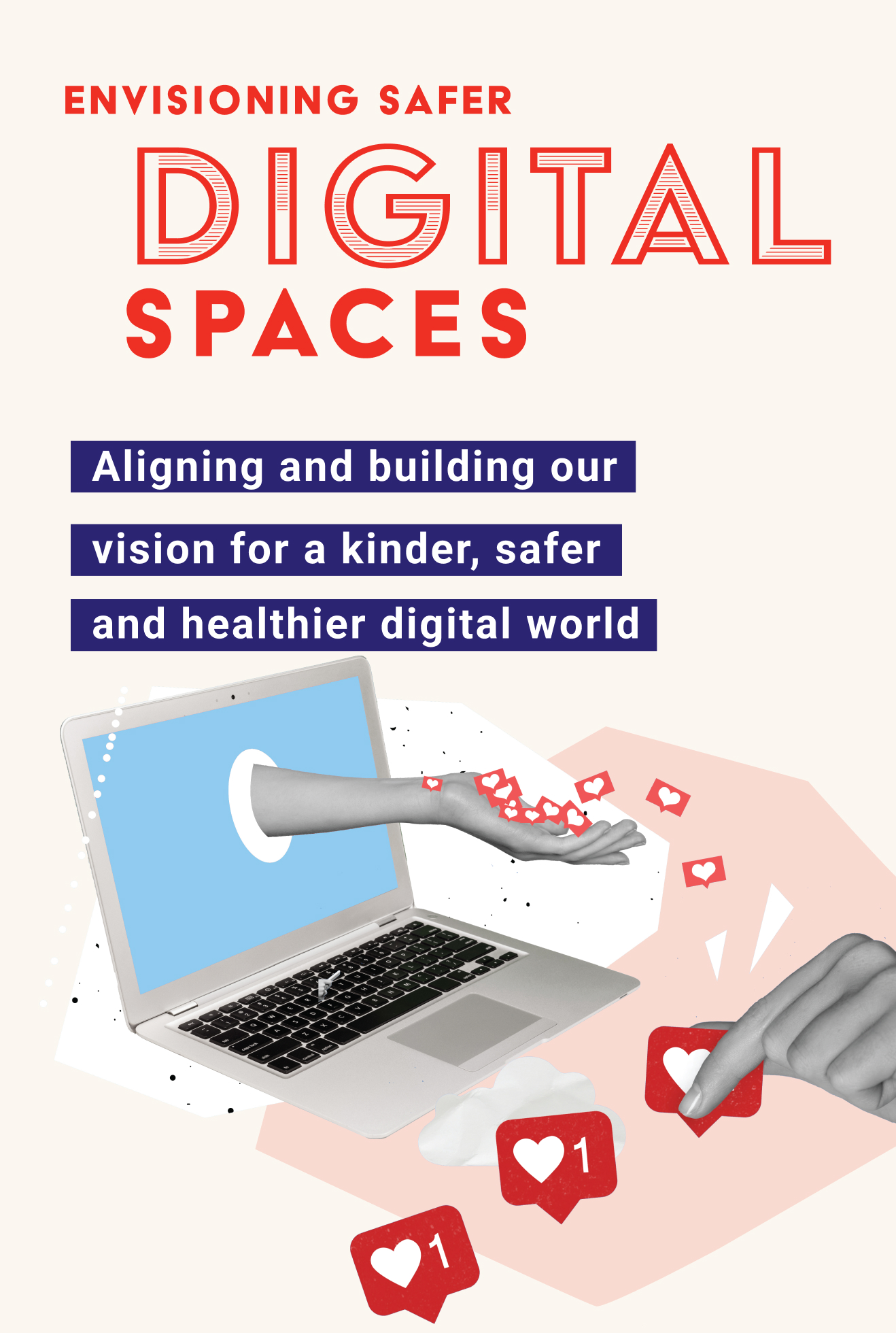

In an increasingly digital world, the #TechHacks panel delves into the complexities of online safety. As digital natives, they lead the charge in tackling the pressing issue of online harms, and propose innovative strategies to boost digital resilience among youth.
[ Read more about the panel’s recommendations and submit your feedback below ]
#TECHHACKS preliminary recommendations
Social media is an integral part of daily life for most Singaporean youth. While these platforms serve to connect youth with one another and the world, they also carry the risk of online harms. Close to 40 per cent of youths surveyed by the #TechHacks panel have personally experienced online harms at least once, while 60 per cent have experienced online harms indirectly, such as when they witnessed it happening to others.
To address these issues, the #TechHacks panel proposes a multi-pronged approach to complement existing online safety initiatives. This includes: An annual sense-making survey on the impact of online harms on youth, a simple yet practical model of online harms, suggestions to improve accountability of digital platforms, and to include youth as a discrete stakeholder group to be consulted on digital policies.
[ CLICK ON EACH OF THE RECOMMENDATIONS BELOW TO READ MORE ]
PRELIMINARY RECOMMENDATIONS

OVER
36%of youths surveyed have experienced some form of online harm, such as cyberbullying and harassment, at least once.
ANNUAL SURVEY ON ONLINE HARMS
- Develop an annual survey to monitor online harms among Singaporean youth on social media.
- Data collected can facilitate trend comparisons over time and complement other research and surveys, with specific insights on youth.
PRELIMINARY RECOMMENDATIONS
NEARLY
60%of youths surveyed said that having a strong support network was essential to bounce back online after facing online harms.

LIFE-CYCLE MODEL OF ONLINE HARMS
- Develop a concise and practical conceptual framework for youth to gain a clearer understanding of the stages of online harms.
- The model is designed to support youth in making sense of their situation and determining their next course of action when faced with online harms.
PRELIMINARY RECOMMENDATIONS

OVER
80%of youths surveyed did not find current redressal mechanisms on online harms to be effective.
ENHANCE ACCOUNTABILITY TOOLS
- Address feedback on ineffective reporting tools through a multi-stakeholder approach to promote accountability, trust and safety on social media.
- This includes exploring measures that enhance the responsiveness of online redressal mechanisms, or a one-stop portal to support individuals in understanding available resources.
PRELIMINARY RECOMMENDATIONS

YOUTH AS A DISCRETE STAKEHOLDER GROUP
- Recognise youth as a key stakeholder, such as by giving youth a seat at the table when discussing relevant policies.
- This will be supported by a Youth Aspiration Statement on what makes a safe online space for youth to guide the direction of future policies, programmes and interventions in online spaces.

MORE ABOUT
#TECHHACKS

Addressing online harms is important to the #TechHacks panel. Some members have previously experienced online harms, but accepted them as the norm, due to a lack of knowledge on how to react and protect against them. Other members, as young parents, shared concerns about the digital environment their children will grow up in.
These perspectives and experiences have shaped their understanding of the need to develop effective solutions to support youth in online spaces. More importantly, the panel seeks to make a meaningful contribution through its commitment and vision to build a kinder, safer and healthier digital world for all.















